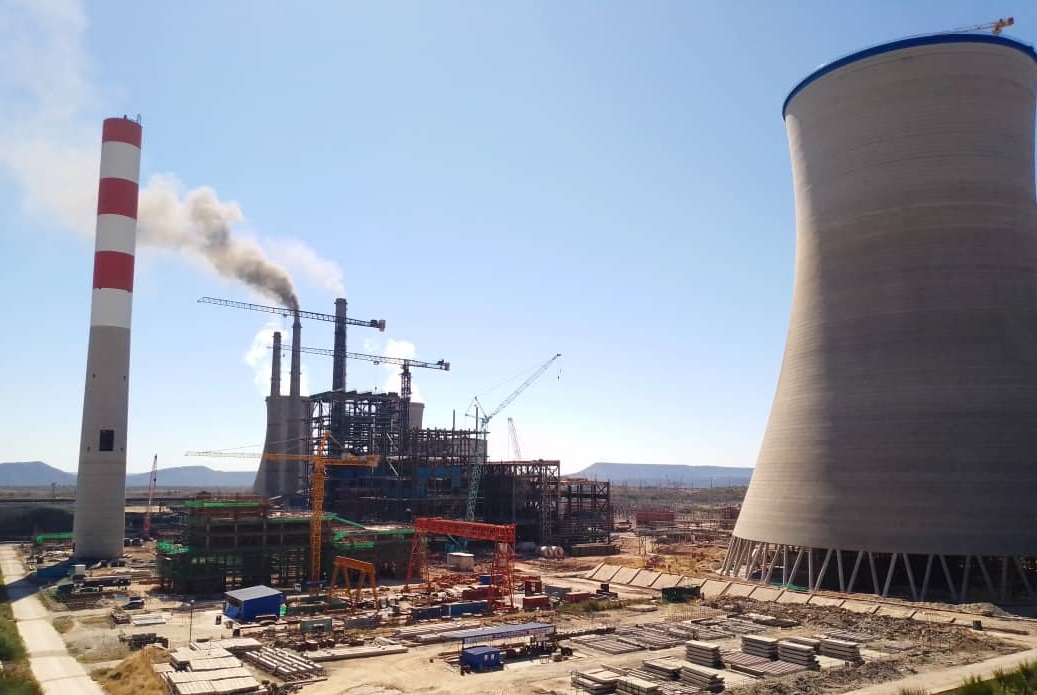Staff Reporter
Government has allocated ZiG259.8 million to the Ministry of Energy and Power Development in the 2025 National Budget to tackle the country’s persistent power supply challenges.
This funding, announced by Finance, Economic Development and Investment Promotion Minister, Professor Mthuli Ncube, on November 28, 2024, at the New Parliament Building, in Mt Hampden, will support critical investments in power generation, transmission, and rural electrification projects.
Despite recent progress in domestic electricity generation, the country’s energy sector remains strained, with current production unable to meet growing demand.
Industries and households continue to experience significant load shedding, a situation that Minister Ncube acknowledged as a major impediment to economic growth and competitiveness.
“Our current capacity still falls short of what is required to meet the needs of households and industry. This continues to weigh heavily on production and overall economic performance,” said Minister Ncube.
He added that Government was committed to building a sustainable energy future, combining local efforts with international partnerships.
The Minister revealed that power generation is projected to grow by 10.6% in 2025, driven by the reliable performance of Hwange Units 7 and 8 and increased contributions from renewable energy projects by Independent Power Producers (IPPs).
However, the gap between demand and supply remains stark, with projected production at 10000GW against an anticipated demand of 19 000GW.
A significant portion of the allocated funds will go toward rural electrification initiatives.
Through the Rural Electrification Fund and the Climate Adaptation Water, Energy Programme (CAWEP), supported by development partners such as the UK and UNDP, remote communities are already benefiting from solar home kits, biogas digesters, and solar streetlights.
These efforts will be scaled up in 2025 to improve access to clean and affordable energy nationwide.
Minister Ncube added that Government will also foster renewable energy projects by supporting IPPs with Government Implementation Agreements, expected to add more than 1 500MW to the national grid in the medium term.
Additionally, large-scale energy consumers are being encouraged to generate their own power, easing pressure on the national supply.
Complementing these efforts, all electricity consumers will be transitioned to prepaid metering systems, enabling them to better manage their consumption.
Development partners will also step in to provide $12.4 million in support for the rehabilitation of energy infrastructure, including $9.6 million for the Kariba Dam Rehabilitation Project.
China is expected to assist with the construction of 100 rural solar mini-grids in 2025, targeting schools, clinics, and Government offices. These initiatives align with the Government’s goal to end energy poverty and ensure universal access to electricity.
While challenges persist, the Government’s multi-faceted approach underscores a commitment to addressing energy deficits and creating a system capable of meeting Zimbabwe’s developmental needs by 2030.




